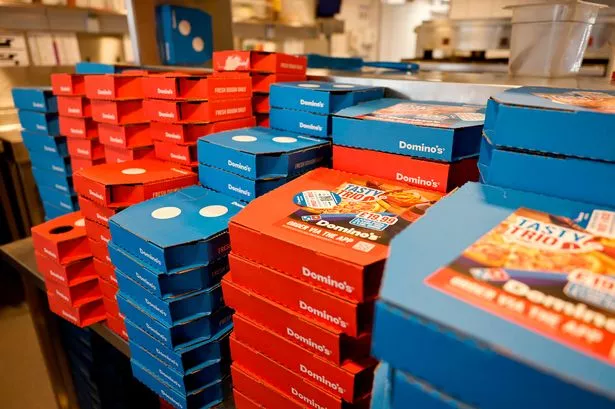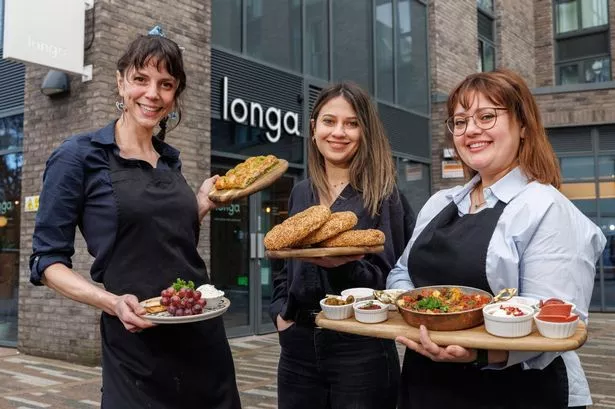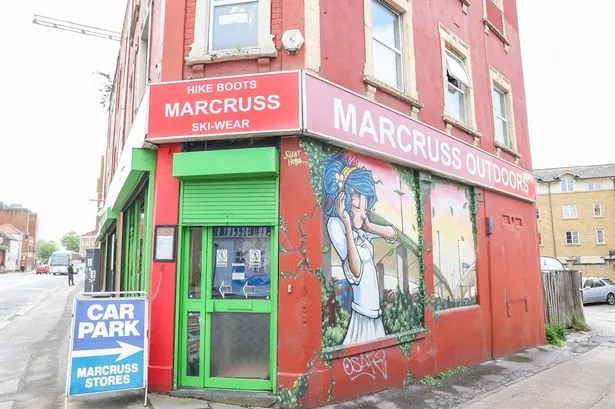
Julia Hoggett, CEO of the London Stock Exchange Group (LSEG), has called for a shift in the UK's "perverse" approach to retail investment.
Speaking on the Following the Rules podcast, she highlighted that it is currently easier for retail investors to put their money into crypto than heavily regulated assets such as corporate debt or government bonds, as reported by City AM.
"We have a regulatory structure that has historically made it easier to buy a riskier product and then hardest to buy the least risky product in the stack, which is perverse," she stated.
"(Debt) sits higher up the cap table in terms of its credit worthiness than equity, and yet we have made it harder for retail to buy plain vanilla debt...than we have equity or crypto," she added.
Hoggett argued that it should be "much more straightforward" for retail investors to engage in these markets, which would help reduce the cost of capital for businesses and stimulate growth. Post-financial crisis rules classified bonds issued under £100,000 as retail products, subjecting them to closer scrutiny.
This inadvertently discouraged companies from issuing smaller denominations and excluded individual investors from the market.
A recent report by Barclays revealed that US retail investors held approximately $6.2 trillion in debt securities at the end of Q3 2024, while only 36 corporate bonds from 21 firms were listed in the UK's orderbook for retail bonds.
Hoggett highlighted the discrepancy in regulatory approaches, noting that while corporate debt remains under tight control, retail investors are granted "all the access to (crypto) in the world".
In a recent move, the Financial Conduct Authority (FCA) proposed measures to facilitate retail investors' entry into the corporate bond market by reducing paperwork for smaller debt portions.
Hoggett sees this as indicative of a wider issue with risk aversion, which she believes has significantly hindered economic growth.
"The UK's got the second largest pool of institutional capital in the world. We have not been spending it on ourselves as a nation, and we have been de-risking it to a point that has not been healthy for ourselves," stated the LSEG chief.
She pointed out that the UK's investment shortfall could be up to eight per cent less than that of its G10 and G20 counterparts, leading to lower growth and consequently reduced tax revenue for public services.
Hoggett argued against a "zero failure regime" in the UK, advocating instead for practical KPIs that could drive investment funds and regulators towards goals like advancing the green energy transition or enhancing financial security for retirees.









